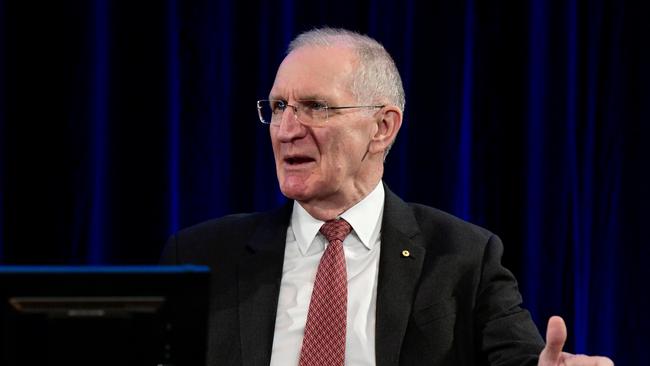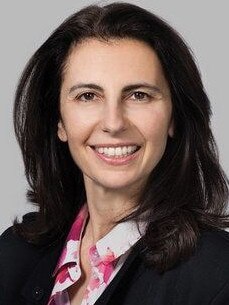Record number of women, but lack of female leaders persists: Ownership Matters
Board diversity continues to improve, but a study by the influential proxy advisory firm Ownership Matters shows male power has kept its stronghold.

Male power continues its stronghold in corporate Australia, a new report by proxy advisers Ownership Matters shows, with less than a handful of the top 300 companies being led by female CEOs and chairs.
The good news is ASX300 boards are becoming more diverse, with a record 34 per cent of board positions held by women, and the 93 per cent of all ASX100 board positions occupied by independent directors is also an all-time high.
However, the study shows female leadership remains significantly under-represented, with only four companies – AMP, Bendigo & Adelaide Bank, Lynas and Spark New Zealand – having a female chair and CEO.

“The men are allowing record numbers of female directors into the tent, but are yet to meaningfully hand over the best paid chairing roles,” Ownership Matters director Dean Paatsch said.
“While more than one in three non-executive directors are now female, it is surprising that this cohort has still only produced 33 chairs across the largest 290 companies that we surveyed,” he said.
The voting recommendations by the influential proxy advisory firm are often heeded by the largest institutional investors in the country.
The OM study shows that among the 15 highest paid professional directors in 2022 who received more than $1m in fees, only one was a woman, while there were only 13 female CEOs and 10 female chairs among the top 100 companies. But within the next group of 100 largest companies listed on the ASX – or what the study calls the ASX101-200 group – there are only three females at the helm as CEOs and nine chairs.

Further, only five and 14 women were occupying the CEOs and chair roles respectively among the ASX201-300 group.
The report also highlighted the lack of alignment between the interest of directors and shareholders remained a concern. About 71 per cent of all directors in the sample did not have any “skin in the game”.
The $1.5m paid to QBE and Medibank chair Mike Wilkins last year was the highest remuneration to a so-called “professional” non-executive director – those prolific directors who hold more than one board seat within a company.
In total, non-executive directors of the top 290 companies were paid $356m in 2022, while only other 14 professional NEDs were paid more than $1m a year.
The only female in that group was Maxine Brenner for her directorships at Origin, Orica, Qantas and Woolworths.






To join the conversation, please log in. Don't have an account? Register
Join the conversation, you are commenting as Logout